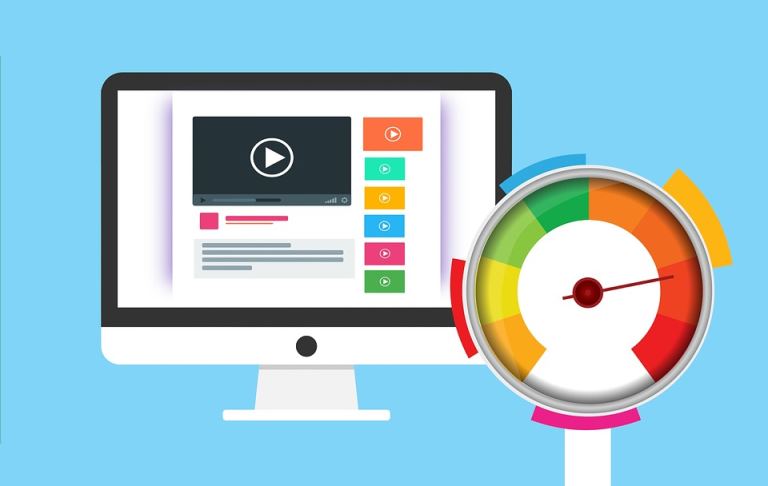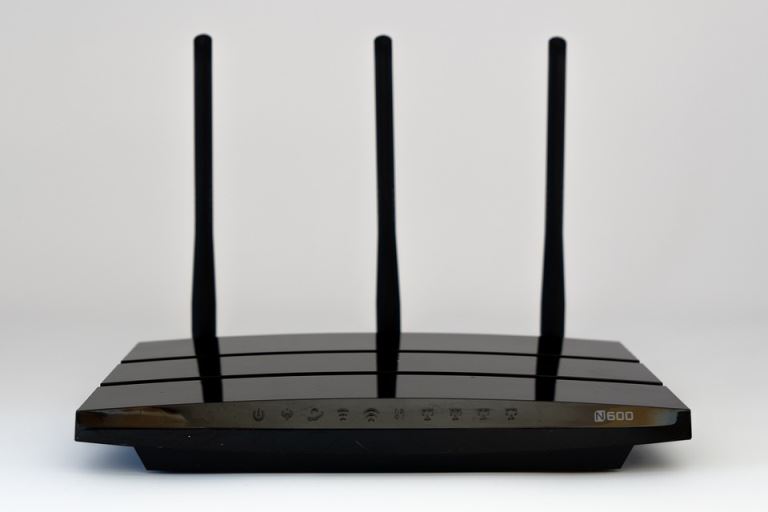
Will Additional Devices Slow Down The Internet Connection?
pEvery network has a certain limit on the bandwidth Now there are generally two types of network you can find local area network or LAN and wide area network or WAN These networks have a limit on bandwidth which determines how much data they can pote
Adding multiple devices to your local area network or wide area network can slow down the internet connection, especially if the network isn't built optimally. This slowdown can impact all types of network connections whether it is fiber optic lines or anything else. However, there are possible ways to fix it.
Every network has a certain limit on the bandwidth. Now, there are generally two types of network you can find, local area network or LAN and wide area network or WAN. These networks have a limit on bandwidth which determines how much data they can potentially transfer in a certain period of time. This can be also related to the data transfer rate which measures the amount of data that can be transferred between two points in a specific time period. So, bandwidth takes care of this data-transferring process. When additional devices are connected and this bandwidth gets shared between them, the overall individual speed can be reduced.
To know more about why additional devices can negatively impact your Wi-Fi speed and what could be the other factors behind facing a slowdown, keep on reading this article. We will also discuss the possible solutions to improve your internet speed over time.
Will Additional Devices Slow Down The Internet Connection?
Adding more and more devices to your network can increase the chances of it being congested and cause a slowdown. In this case, a slowdown means that your router will not be able to communicate with other devices as it shares its frequency with other devices. For instance, you're connected to a server with a 100Mbps bandwidth. In an ideal scenario, both the network's bandwidth and transfer rate would be the same as 100Mbps.
However, if you connect to more than one device, then the bandwidth gets split between two devices. So, the transfer rate will get halved although the total bandwidth will remain the same. Similarly, when you're connecting to multiple devices to only one single internet link, then it may result in reduced performance as each device will get a smaller bandwidth share.
How Many Devices Should You Ideally Connect To Your Wi-Fi?
Well, you must be thinking that if adding multiple devices can negatively impact your internet speed, then how many devices you should ideally connect to your Wi-Fi? We would say that a maximum of five devices can be connected to your home router at one time if you have a 200Mbps line. So, even if the bandwidth gets shared, each individual will still get a speed of 40Mbps which is still decent for conducting low to high-end internet activities.
In the case of public Wi-Fi, you can easily connect a maximum of 25 devices before it starts to slow down. However, the ideal condition depends on a lot of factors. This includes,
1. Internet Usage
Internet speed is directly related to internet usage. For example, if you have 7 to 8 people connected to your home Wi-Fi and all are conducting basic online activities such as scrolling social media, opening emails, etc., then it won't have much impact on the bandwidth. So, everyone will enjoy the activities seamlessly.
Alternatively, in a similar scenario, if users are utilizing the web for conducting high-end activities like streaming Netflix, or downloading large-sized files, it will cause a slowdown. Because it will have a considerable amount of impact on your bandwidth. This can occur even on a high-speed network provided by an internet service provider.
2. The Signal Strength
The signal strength of your Wi-Fi is another variable that can positively or negatively impact your internet speed along with too many devices. Generally, the signal strength determines how many devices it can connect to ideally to provide an optimal speed. If the signal strength is weak, then your wi-fi will certainly slow down even after connecting to two to three devices only.
It's better to test your signal strength using the software. There are a variety of speed testing tools available on the internet that offer unbiased results. It will help you understand the signal strength of your wi-fi and depending on that, you can connect a certain number of devices to it. In addition, if the connection still remains slow, then using a wi-fi extender may help you.
3. Router's Age
Well, it's not always the case that your router will slow down the moment when you connect five to six devices to it. Unlike the above two factors, the router's age is another crucial one that negatively impacts your internet speed. Even when you have a high-speed internet connection, you may still face a slowdown as your router will be unable to provide the optimal speed due to being aged. Therefore, you must consider the age of your router when the slowdown hits your devices.
How To Improve Your Internet Speed?
When your internet runs at a snail's speed, it's certainly a disaster. If you're facing a sluggish connection when too many devices are connected to your router, then there are a few ways you can improve your speed. Let's take a look at the ways you can improve your network,
1. Choose A Plan With Higher Bandwidth
If you're constantly getting bogged down by a slower internet connection when additional devices are connected to your network, then upgrade your internet plan and choose a higher bandwidth. Ideally, you should consider 2x of the required bandwidth for your house coverage. In this case, you will have enough bandwidth to cover all your devices even when users will conduct high-end activities.
2. Choose The Latest Router
It's important that your router has enough capacity to provide the optimal speed provided by your internet service provider. If your router doesn't support high internet speed, then it won't be able to handle too many devices. As a result, you will face a slowdown. So, you should upgrade to the latest router that supports maximum speed along with network security.
3. Restart Your Modem
Routers may start to work slowly when it remains on for too long. In this case, you will suddenly face a sluggish internet when you connect an additional device to it. Restarting may seem an ineffective way that barely helps to improve your internet speed, but it may work like a wonder. Sometimes, restarting the modem helps it to remove all its internal bugs and works like a brand-new router. Therefore, if you're facing a slowdown, then consider restarting your router.
4. Switch Your Router's Location
The location of your router is an extremely important point to consider when you're facing constant slowdown with your network. Sometimes, the reason behind the slow internet is not too many devices but your router's location. If you've placed it in a closed environment where its signals are getting blocked, then it will impact your overall internet experience. Rather, you should keep it in an open place with no metal obstruction nearby.
Conclusion
Slow internet is quite a serious problem to deal with. While it's pretty normal that you want to connect multiple devices to your home network but slowdown can happen if you exceed the bandwidth limit. Therefore, use the tips we've mentioned above to improve your internet speed if limiting the number of devices isn't viable for you.








